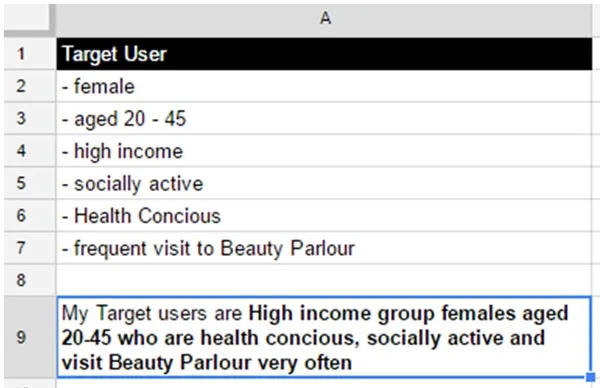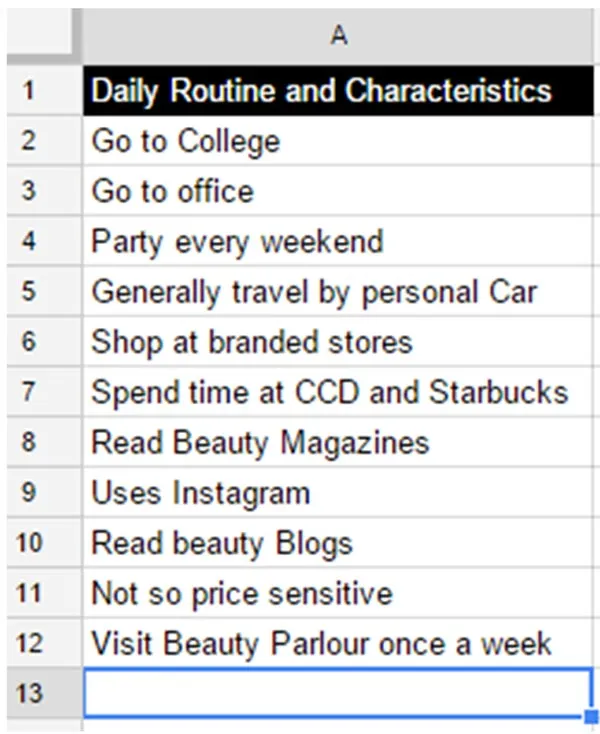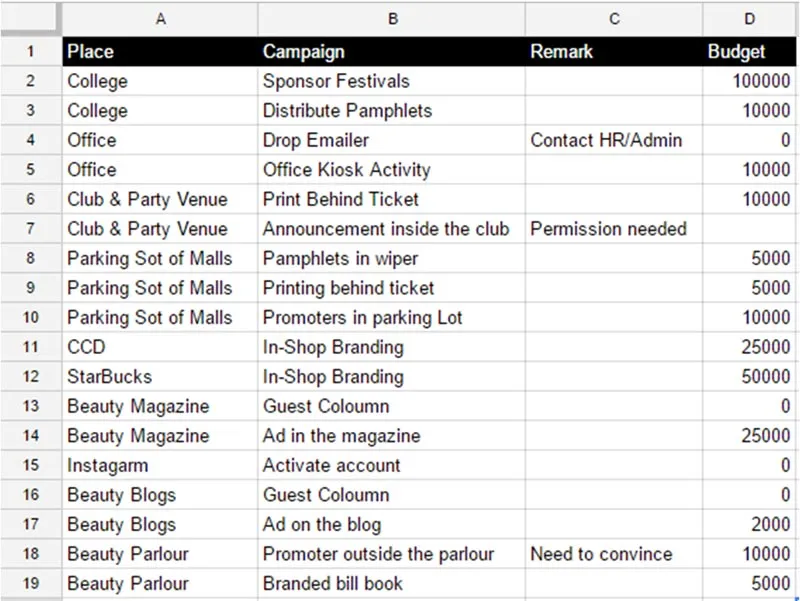How to get early customers for your startup through marketing
Lately, I’ve been observing that very early-stage startups are good at making products, building up team, executing the operations, but they seem to be lost somewhere while trying marketing strategies. I live in Powai, which is India’s counter part of Silicon Valley at a small scale. I receive numerous messages and calls for doing ground work for upcoming startups and most of the discussion revolves around marketing. So I thought of sharing my experience of getting early customers for any startup.
Slightly off the topic: Have a clear understanding between sales and marketing. Thanks to most of the MBA colleges of the country who run a stream known as “Sales and Marketing” that most of us are forced to think that both of them are the same thing or almost the same thing. Let me tell you, THEY ARE NOT. Sales are getting your clients on board. Generally, they are non-paying parties who need to pay only if they get business. For getting them, you need people with strong convincing skills, street smart, who can decide the tone depending on the person sitting on the other side of the table.
Marketing, on other hand, is the task of getting users who are going to pay (mostly). So getting them on your platform is a challenging task and you need to play with their psychology and convince them that your product is what they have been looking for.

Creating your first campaign:
- Identify your initial customers
“Everyone is our customer” is one of the disastrous thought that exists in the marketing team of an early-stage startup. May be everyone can be your customer in the long run, but first you need to find out the audience who are easy to catch, easy to convince, and easy to adapt new things. A 60-year-old man can also use Flipkart, but definitely he was not among the first few 100 customers that the company got. Try to segment your customer as deep as you can. Their age, gender, income group, class, etc. When you have successfully identified your initial customers, it should look something like this:

- Research about their daily life
Once you have a clear one-liner definition of your potential initial customers, figure out what they do in their day-to-day life. This you can achieve by talking to them, observing them around yourself, discussing with knowledgeable guys, etc. An ideal marketer should know his/her customer’s routine right from when they wake up to when they sleep. If you are opening a day-care centre, your target audience would be office going couples with small kids. When you have a discussion with few potential users (may be your neighbor, next door), you realise that they generally go to a nearby park with their kids every evening. Note this down: “They go to park every evening”. Similarly depending on your service, and your potential customers, come up with lines like these:

- Look for opportunities at places where they spend their time
By now, you know the places where your target customers spend their time. If they shop at D’mart, should you tie up with them to distribute pamphlets, or stand outside their shop to interact with them. If they go to a park every day, should you arrange a small coffee festival for people coming to the park and display your product to them or if they read local newspaper, should you get your advertisement in these newspaper, etc. You should make a list of possibilities that exists at each of the locations you have chosen and then go to the next step.

- Based on the budget and effectiveness, discard some of the opportunities and create a campaign out of the things that is in your budget and you think would be effective.
Data: Do remember that the only thing that can compensate for you being not-so-experienced marketer is your ability to understand data. Record everything that you do. On completion of every campaign, analyse the recorded data and conclude what went wrong and what should be repeated next time. In short, today’s data point should decide your tomorrow’s plan.
(Disclaimer: The views and opinions expressed in this article are those of the author and do not necessarily reflect the views of YourStory)







